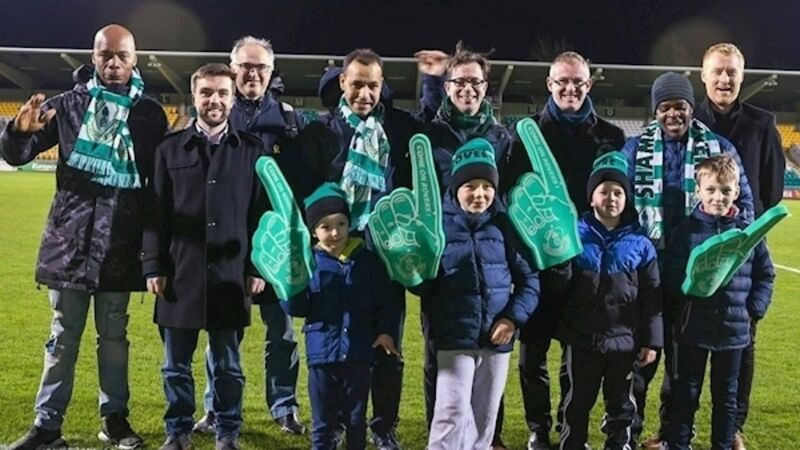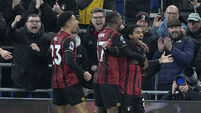‘We are reaching out to let them know they are welcome and part of our society’

Shamrock Rovers have struck up a sponsorship agreement with the Clondalkin Towers Direct Provision Centre to bring residents to home games at Tallaght Stadium. boarded the bus with the newest fans of domestic football and got a taste of their restricted experience of Irish life.
Joshua’s favourite footballer is Lionel Messi. Rex likes Cristiano Ronaldo. This announcement sparks the other boys into life.














